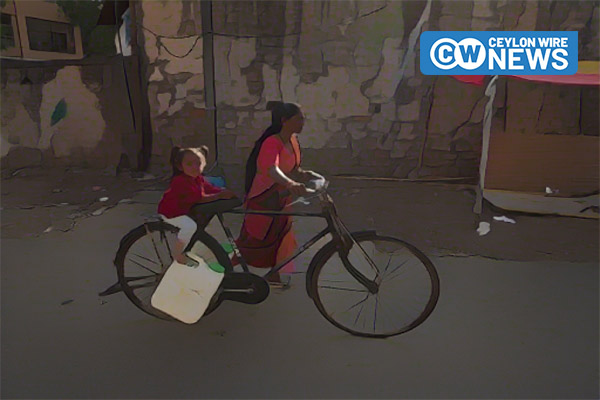Children in South Asia suffer the most from water shortages worldwide. According to an analysis by the UN Children’s Fund Unicef, a total of 347 million children are affected. More than a quarter of all children live in the world’s most populous region. At the same time, however, only four percent of the world’s water is available there.
“Safe water is a basic human right, but millions of children in South Asia do not have enough to drink in a region plagued by floods, droughts and other extreme weather events increasingly triggered by climate change,” said Sanjay Wijesekera, the Unicef director responsible for the region.
Ahead of the UN Climate Change Conference in Dubai at the end of the month, Unicef is therefore calling on the international community to take steps to ensure a planet worth living on for children. Water scarcity affects the well-being and growth of children, creates food insecurity, malnutrition and diseases such as diarrhea. Water scarcity also affects agriculture, industry and economic growth. And if farming families are doing badly, children are more likely to be forced into child labor, it was said.
But there is also positive news: According to Unicef forecasts, access to drinking water in South Asia is likely to continue to improve rapidly in the coming years.









